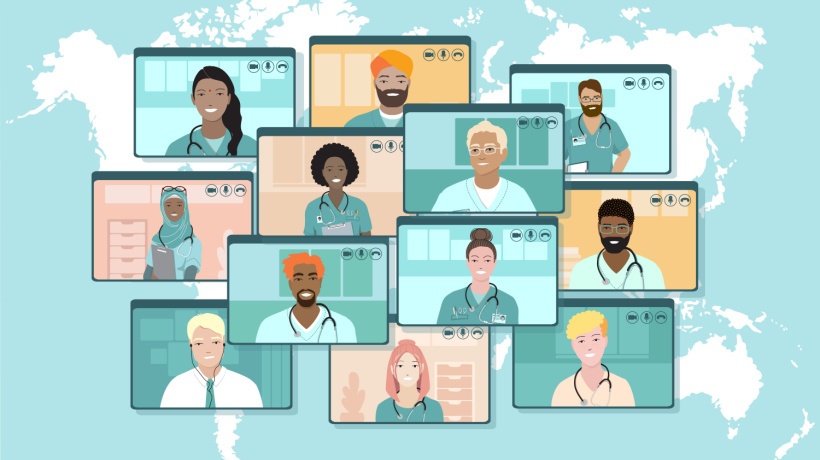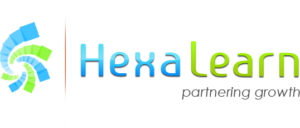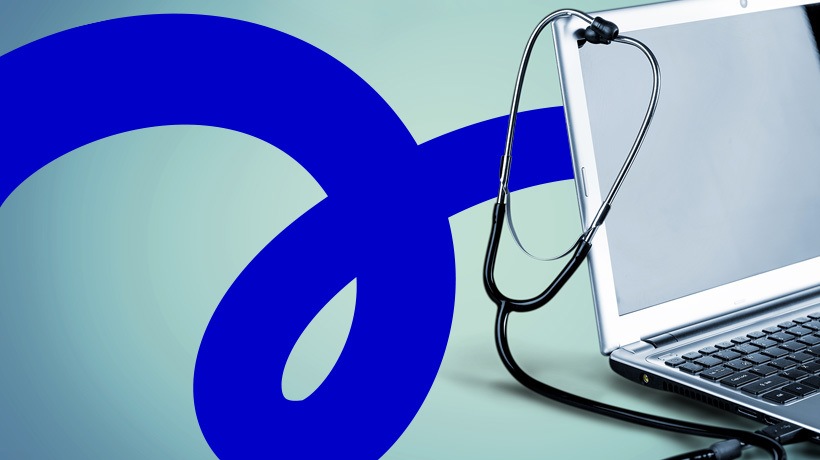eLearning For The Healthcare Industry
The complexity of education and training that can be tackled by implementing eLearning in the healthcare industry is what we are talking about. Our healthcare industry is diverse and is used in different vectors, which is constantly raising the demand for medical eLearning in the system. Healthcare training challenges are observed in our pharmaceutical industries and medical organizations. Everything leads us to one solution, deploying the eLearning system in-house. This will ensure correct practice and a higher probability of educating every staff member and workstation. Building a learning bridge and fulfilling the gaps our traditional methods is necessary.
Healthcare Training Challenges
Due to the dynamic nature of the healthcare industry, proper training is crucial. The need to stay up-to-date on basic knowledge and practice is mandatory for everyone involved in this line of work. Here are a few of the challenges:
Technical Improvements
We have seen an evident change in new technologies like AI, electronic health records (EHRs), medical devices, and telemedicine. This demands a necessary alignment in our healthcare training courses to ensure progression. It will help medical professionals to be skilled in accessing the tools required for learning.
Constant Learning
Healthcare professionals are required to take part in continuous learning programs to revamp their knowledge, practices, and medical research. Managing ongoing training with clinical duties is challenging. Keeping this in mind and having flexible training formats is mandatory. A training compliance program is needed to promote interdisciplinary education and unlock effective communication.
Clinical Understanding
Our healthcare system demands practical experience. Due to scheduling conflicts, shortage of staff, and patient safety concerns, they are often restricted from accessing clinical settings for training.
Competency In Dealing With Diversity
Healthcare professionals often deal with patients belonging to different communities and ideologies, and also with cultural variations. There should be initiatives included to promote diversity in the training programs to equip workers.
Resources
Budget can be an underrated issue that may hamper educational resources and faculty experience. Implementing healthcare training programs to the maximum level is beneficial. Healthcare compliance training offers creative ways to maximize resources and enhance learning objectives.
Benefits Of eLearning In Healthcare Training Courses
eLearning in the healthcare industry offers many benefits in enhancing the usefulness, accessibility, and efficiency of education. Some significant benefits include:
Flexibility And Convenience
eLearning allows healthcare workers to access training materials whenever and wherever they choose, at their own speed. This allows learners to study around their schedules and balance their medical obligations with training, avoiding the need to commute to training venues.
Budget-Friendly
The expenses related to traditional classroom-based training, including travel charges, location rents, and hard-copy materials can easily be avoided in eLearning. eLearning provides scalability, allowing firms to teach multiple healthcare workers without paying additional costs.
Accessibility And Diversity
A greater spectrum of healthcare workers, including those who work remotely or have impairments, may attend training thanks to eLearning systems. They can be tailored to meet a variety of learning styles, preferences, and skills. Support for several languages and closed captions improves inclusion even further.
Customization And Flexibility
With adaptive learning technology incorporated into eLearning platforms, training materials and tests meet the requirements, tastes, and skill levels of specific learners. Personalized learning paths focus on the areas the students need to focus on, in order to maximize learning results.
Monitoring And Reporting
Many eLearning platforms offer built-in tracking and reporting features that allow administrators to monitor the progress of a trainee’s track completion rates and assess training results and certifications. Compliance monitoring, accreditation, and performance assessment are easy with this data-driven approach.
Current Knowledge And Content
eLearning materials are readily updated and modified to take into account the most recent advancements in medicine, industry standards, and legal requirements. Promoting evidence-based practice and patient care guarantees that healthcare practitioners have access to up-to-date and appropriate information.
Key Notes
Medical eLearning gives access to a lot of possibilities. It also offers healthcare certification programs that ensure the candidate’s credibility. An LMS can process all types of healthcare training courses, making it more feasible than the traditional learning system. It is the future of effective learning, easy to adapt and retain. With the busy schedules of our healthcare workers, eLearning is more accessible with less effort. Learn more about the best eLearning platforms available online. Choose change, choose eLearning!










